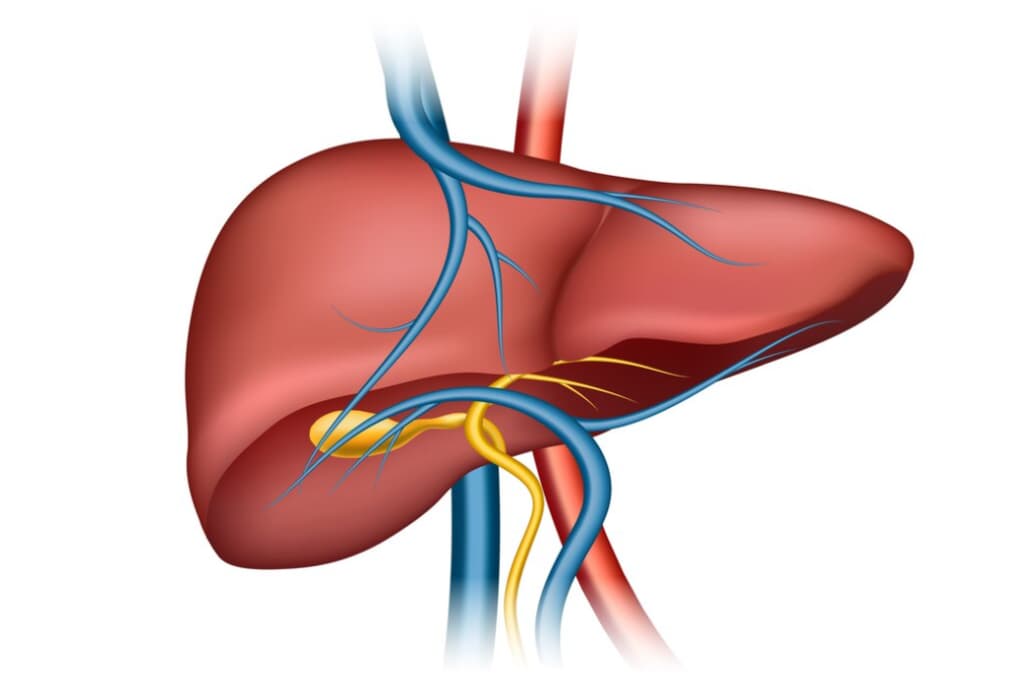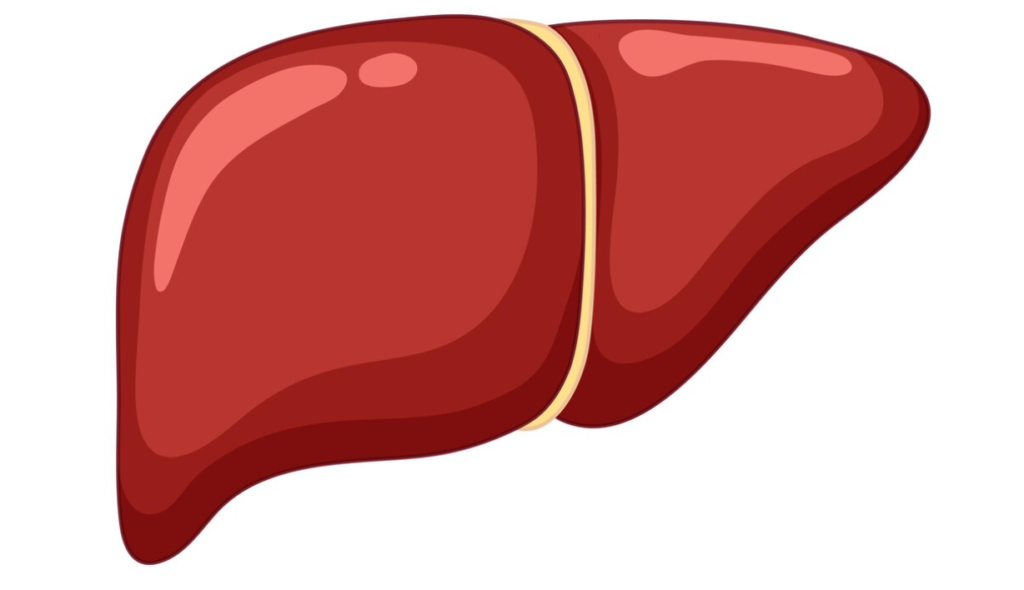
Ischemic Hepatitis: A Comprehensive Overview
Hepatic ischemia is a health issue caused by a lack of sufficient blood or oxygen flow, often due to heart or lung failures that disrupt circulation to the organ responsible for detoxification. Those suffering from this condition may experience nausea, vomiting, and an increased sensitivity and size in the affected organ. Diagnosis involves the use of imaging techniques to find the root cause, with treatment aimed at enhancing blood supply.
Ischemic Hepatitis versus Viral Hepatitis
There’s a common misunderstanding that groups hepatic ischemia with other inflammatory conditions of the same organ, typically those induced by viruses, such as types A and B. In contrast, hepatic ischemia involves the death of organ cells, known as necrosis, triggered by poor oxygenation and circulation. This condition is classified under inflammatory terms because it leads to the leakage of specific enzymes into the bloodstream, indicating cell damage.
Factors leading to Ischemic Hepatitis

Ischemic hepatitis arises when the liver’s needs for blood and oxygen are unfulfilled. This insufficiency can stem from:
- Cardiovascular issues leading to decreased blood flow;
- Significant blood pressure drop, possibly due to severe dehydration, massive bleeding, or serious infections;
- Oxygen level deficiencies caused by prolonged, severe respiratory disorders;
- Heightened need for oxygen and blood supply amid severe bodywide infections (sepsis).
Furthermore, blocked blood vessels can engender hepatic ischemia if both the hepatic artery and portal vein are narrowed or obstructed. Ischemia doesn’t surface when only one of these is impacted, given the liver’s dual blood supply from both these vessels. Typically, blockages are induced by blood clots, which could be caused by:
- Vasculitis or artery inflammation;
- Cocaine usage leading to artery spasms;
- Sickle cell crisis;
- Formation of emboli during certain medical procedures or heart infections;
- Inherited or acquired disorders make blood more likely to clot.
Recognizing the Symptoms of Ischemic Hepatitis
Sufferers of ischemic hepatitis typically display signs such as nausea, vomiting, and a tender, enlarged liver. In cases where there’s severe scarring of the liver (cirrhosis), ischemic hepatitis can manifest as liver failure.
Identifying Ischemic Hepatitis through Diagnostics
Ischemic hepatitis raises concern when liver blood tests or blood-clotting test results skew abnormal. These tests provide insights into liver function and damage extent. Where ischemic hepatitis is suspected, identifying the cause becomes paramount. Imaging tests evaluate heart function or hepatic artery blockages, using echocardiogram, ultrasonography, MRI of blood vessels (magnetic resonance angiography), and arteriography.
Grappling with Treatment of Ischemic Hepatitis
The treatment approach hones in on addressing the condition impeding the liver’s blood supply. Successfully restoring blood flow typically leads to ischemic hepatitis resolution.
Complications and Long-term Impacts

If untreated or mismanaged, ischemic hepatitis can lead to severe complications, including chronic liver disease and liver failure. The risk of complications is higher in individuals with preexisting liver conditions such as cirrhosis.
Prevention Measures
While it may not be entirely preventable, managing health conditions that can contribute to ischemic hepatitis, including heart or respiratory disorders, can reduce the risk. Regular check-ups and healthy lifestyle choices contribute to overall well-being and organ health.
Conclusion
Understanding ischemic hepatitis, its causes, symptoms, and treatment strategies, is critical for early detection and effective management. Armed with this knowledge, individuals can take strides towards healthier living, thereby mitigating the risk of this condition. However, regular consultation with healthcare providers remains paramount, ensuring optimal health and well-being.
In conclusion, ischemic hepatitis is a complex condition that requires meticulous attention and comprehensive treatment. Stemming from reduced blood or oxygen supply to the liver, it calls for understanding the underlying conditions impeding this supply. Although it may surface alongside symptoms such as nausea and an enlarged liver, accurate diagnosis through liver blood and clotting tests, coupled with imaging studies, is critical. Dealing with ischemic hepatitis demands that we address these underlying triggers, restoring the liver’s blood supply, and subsequently resolving this condition. Overall, the key to battling ischemic hepatitis lies in acquiring knowledge, vigilant observance of symptoms, and seeking timely medical assistance.

